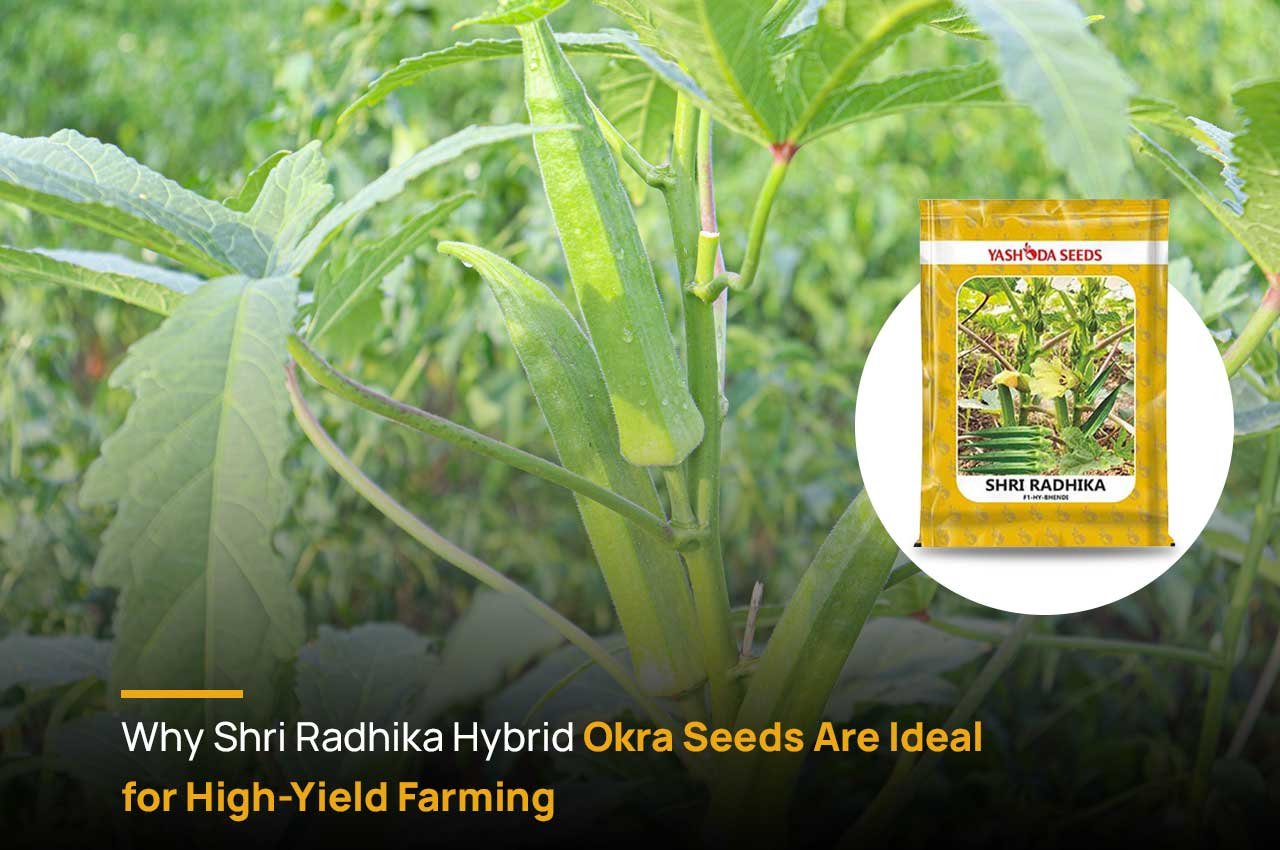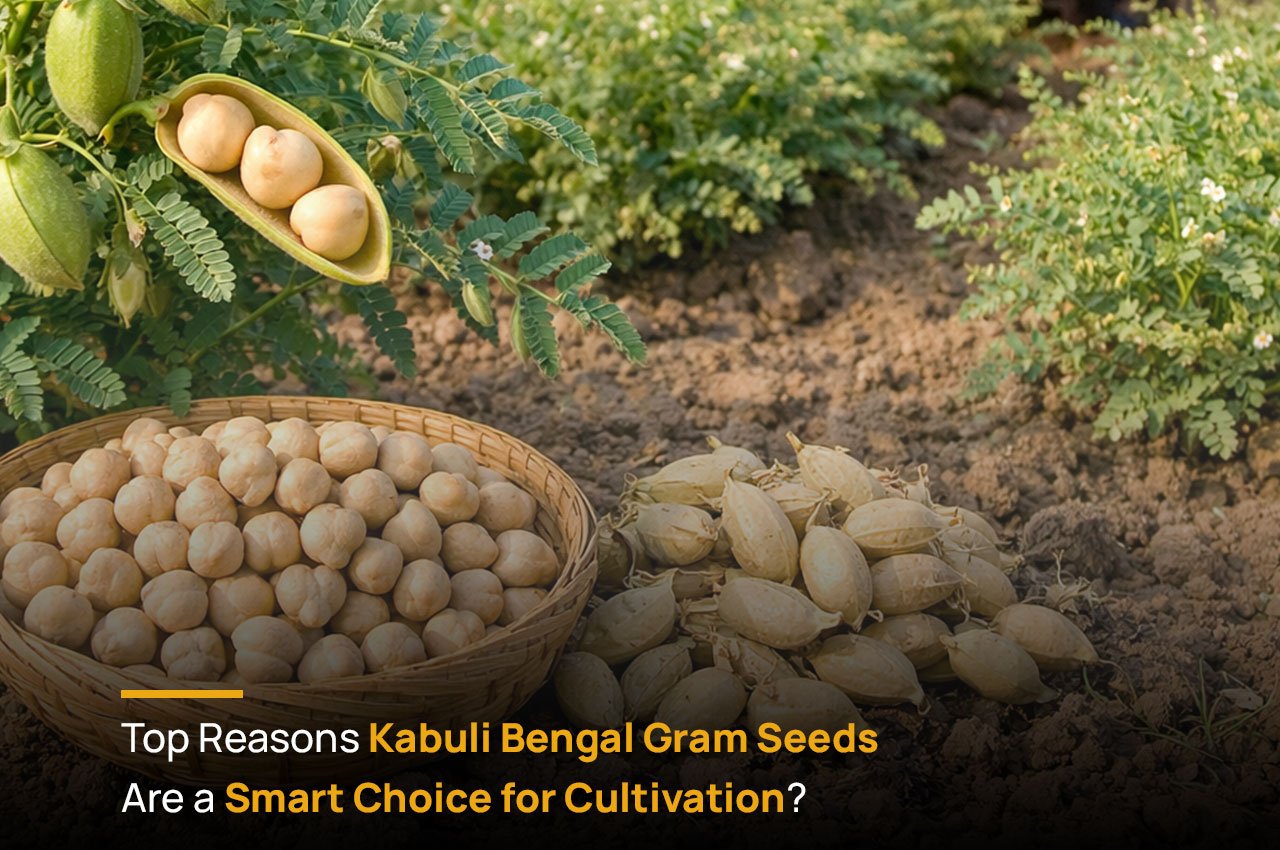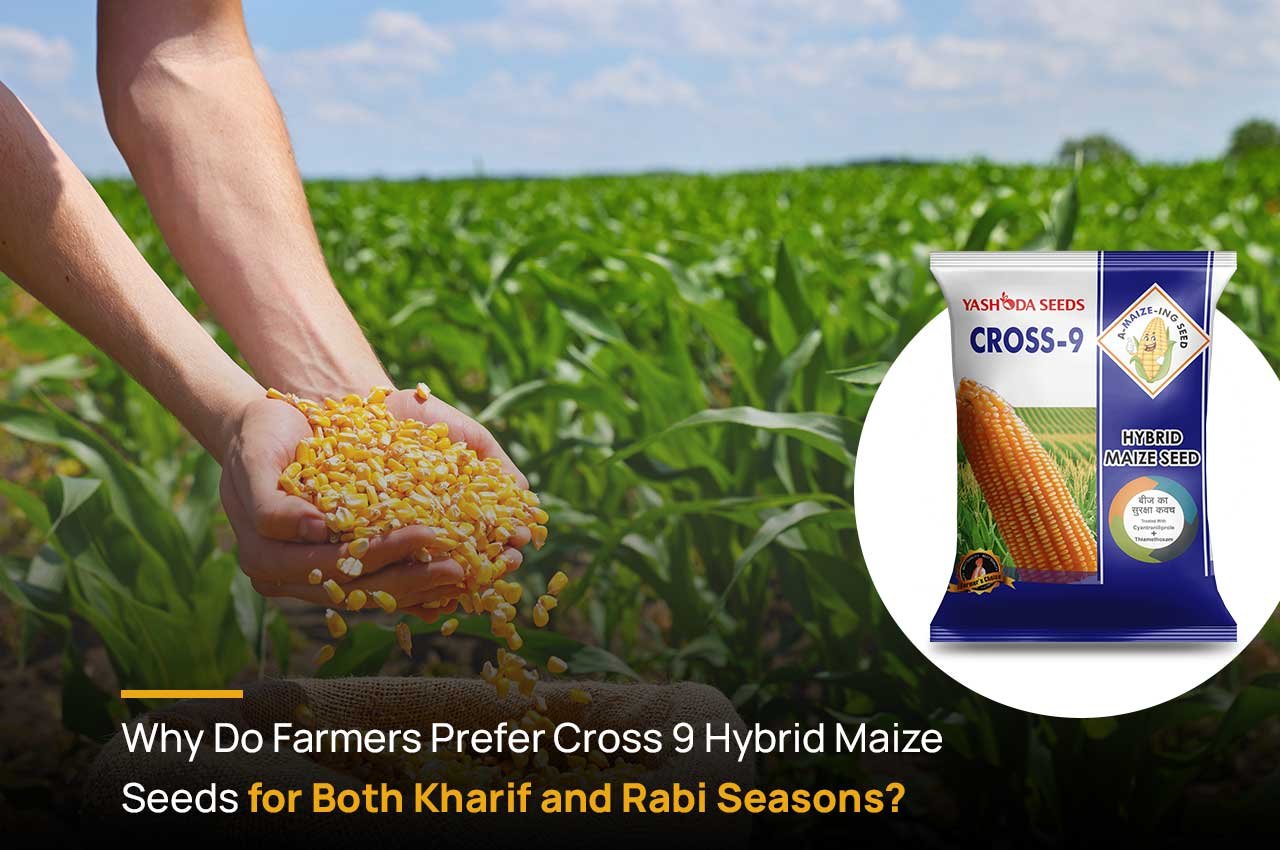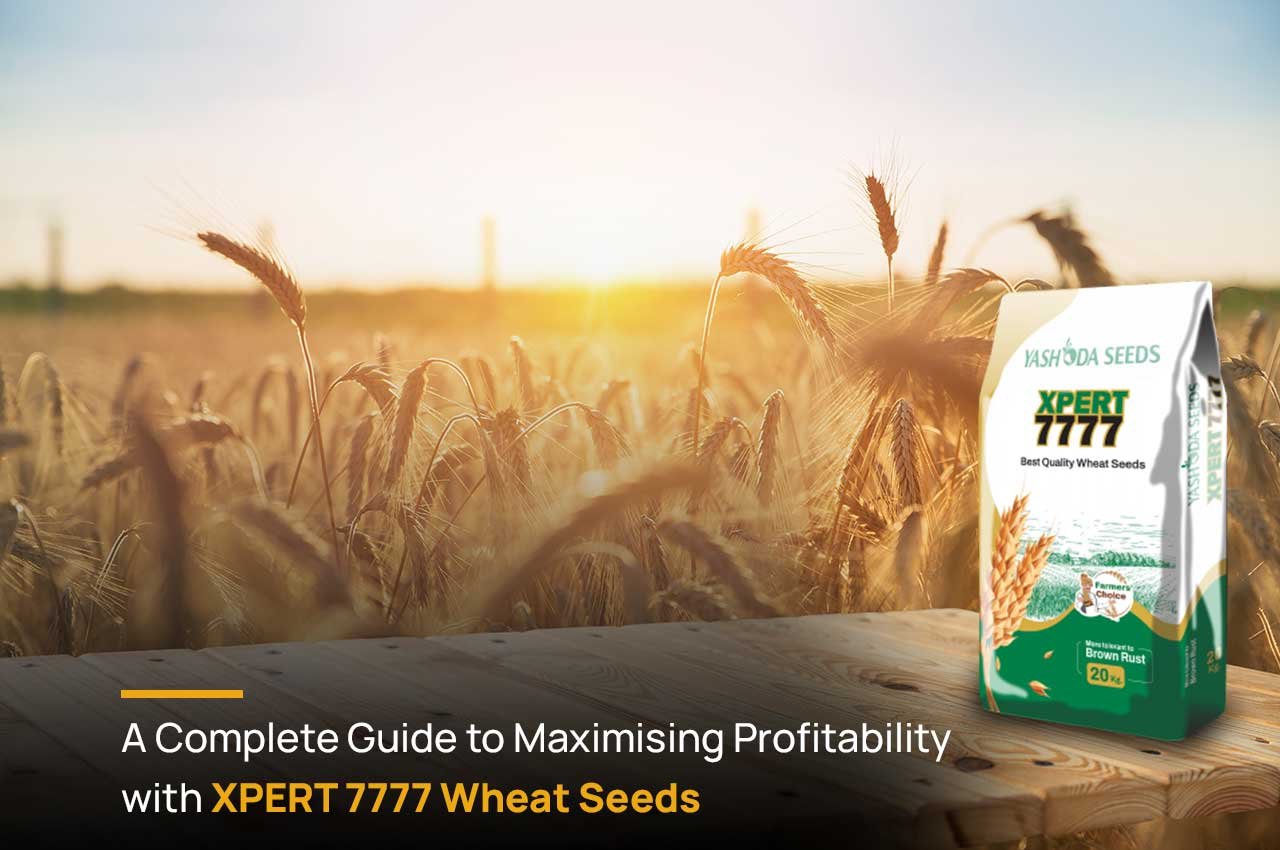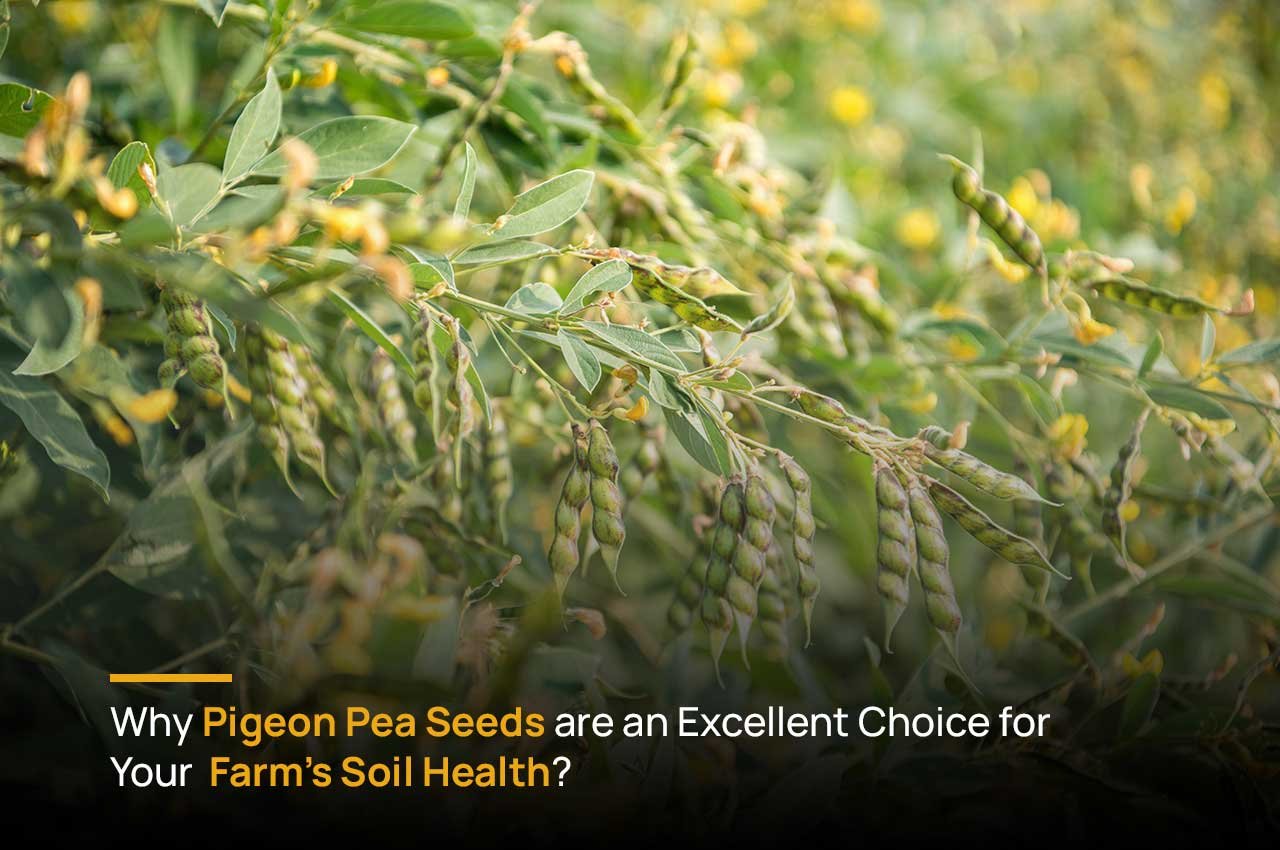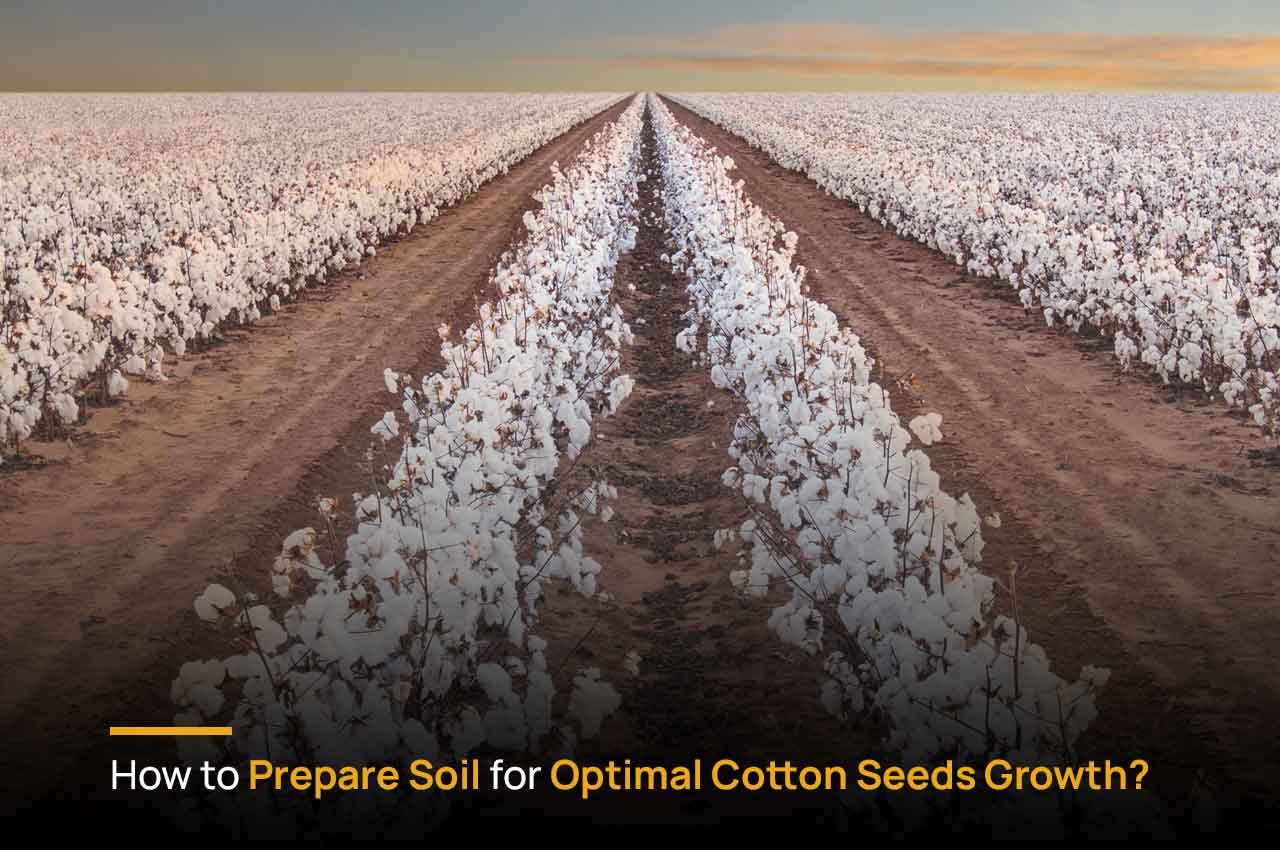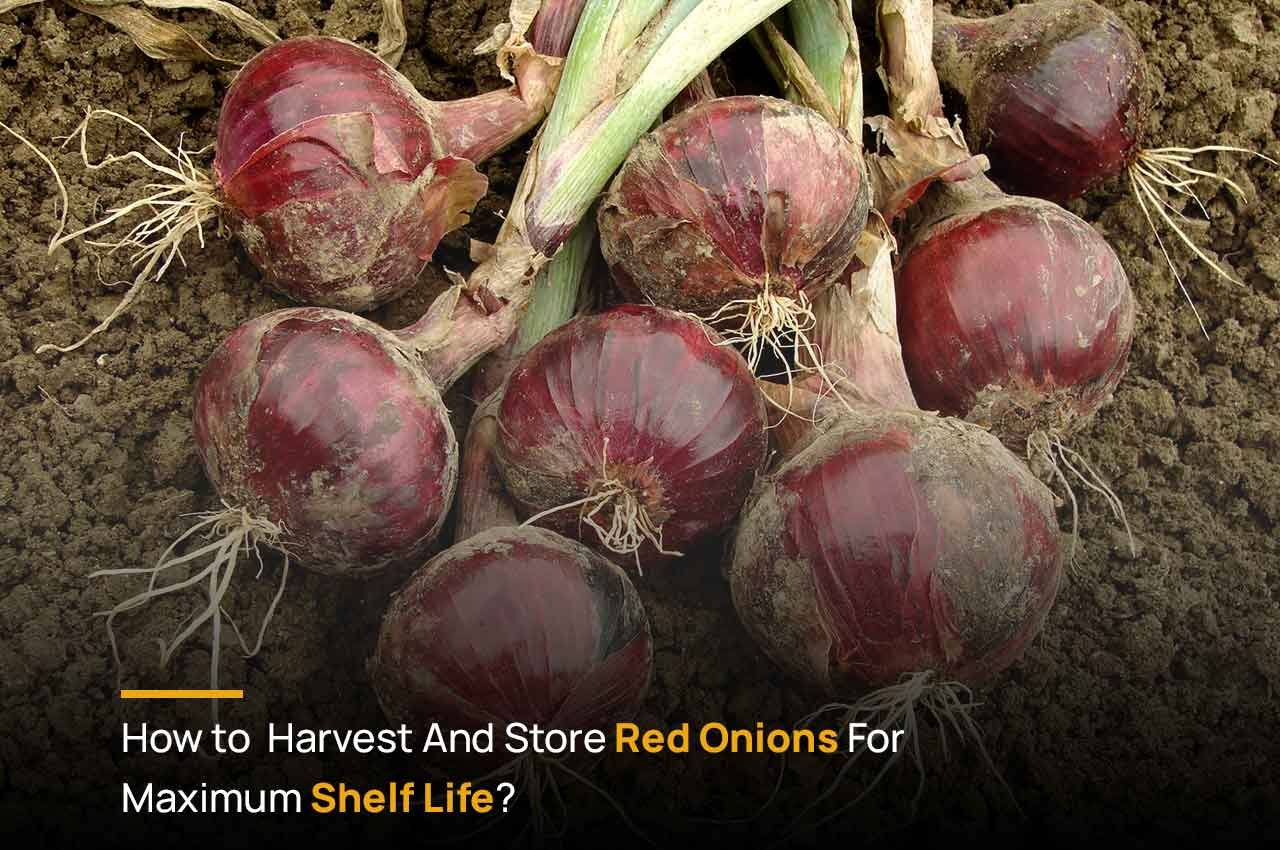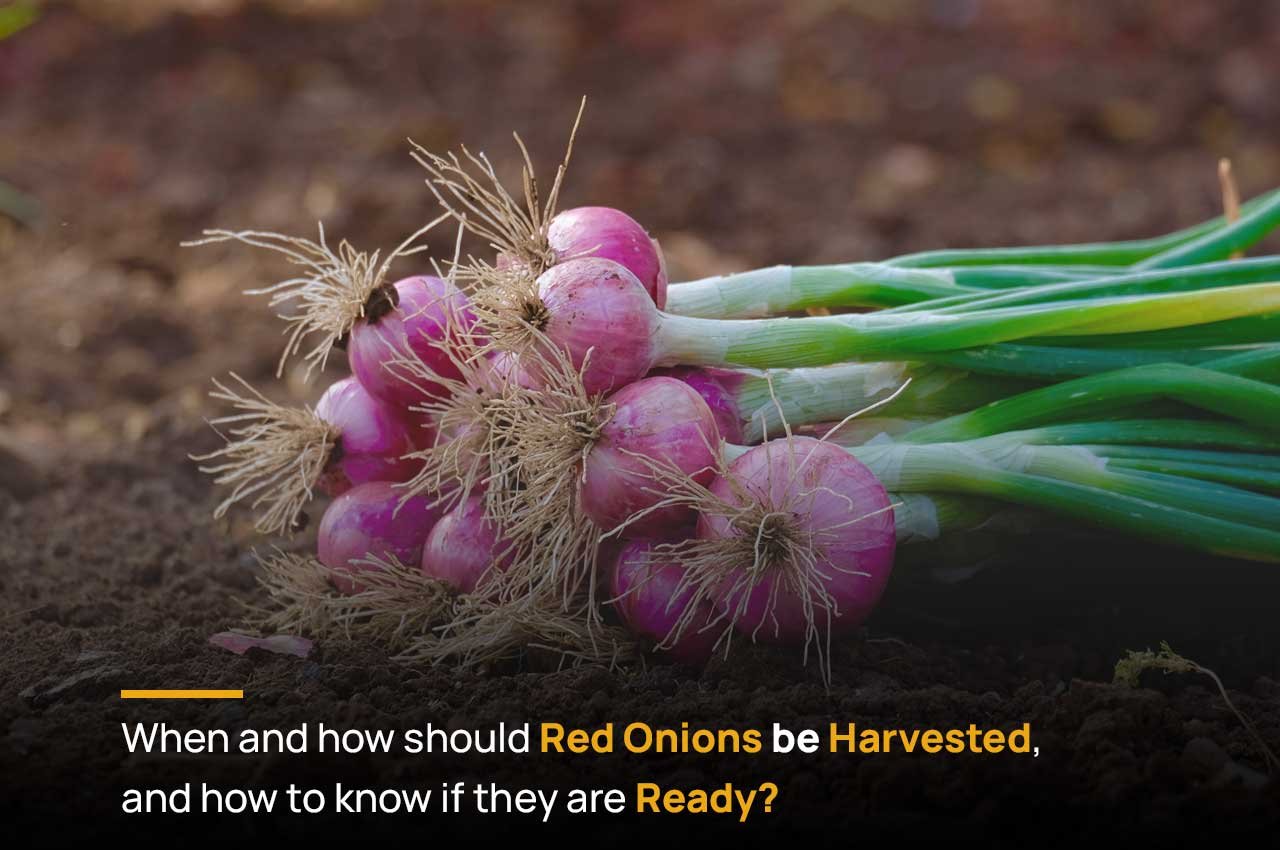
Top 10 Farming Mistakes You Need To Avoid

Farming is a complex and rewarding endeavour that requires knowledge, patience, and attention to detail. However, even experienced farmers can make mistakes that can hinder productivity and profitability. Whether you’re a seasoned farmer or just starting, avoiding common pitfalls can help you achieve better results.
Here are the top 10 farming mistakes you need to avoid.
Overestimating Land Capacity
One of the most common mistakes is overestimating the capacity of your land. Planting too many crops in a limited space can lead to overcrowding, which hampers growth and reduces yields. It’s essential to understand the carrying capacity of your land and plan your crops accordingly. Conduct soil tests and seek advice from agricultural experts to determine the optimal number of plants for your plot.
Ignoring Soil Health
Soil health is the foundation of successful farming. Ignoring it can lead to poor crop yields and increased susceptibility to pests and diseases. Regularly testing your soil and amending it with organic matter, such as compost or manure, can improve its structure, nutrient content, and water retention. Healthy soil promotes robust plant growth and higher yields.
Inadequate Crop Rotation
Growing the same crop in the same field year after year depletes soil nutrients and increases the risk of pests and diseases. Crop rotation helps maintain soil fertility and disrupts pest life cycles. Plan your crop rotation schedule to include a variety of crops that complement each other in nutrient usage and pest resistance.
Neglecting Pest and Disease Management
Pests and diseases can devastate your crops if not managed properly. Relying solely on chemical pesticides can lead to resistance and environmental harm. Implement an integrated pest management (IPM) approach that combines biological, cultural, and mechanical methods to control pests and diseases. Regular monitoring and early intervention are crucial for effective management.
Poor Water Management
Both overwatering and underwatering can harm your crops. Understanding the water requirements of your plants and monitoring soil moisture levels are essential for proper irrigation. Drip irrigation systems can provide precise water delivery to the root zone, reducing wastage and promoting healthy growth. Efficient water management is critical, especially in regions prone to drought.
Using Low-Quality Seeds
The quality of seeds significantly impacts crop performance. Using low-quality or untreated seeds can lead to poor germination rates, weak plants, and lower yields. Invest in high-quality seeds from reputable suppliers which offer a wide range of superior seeds with excellent germination rates and disease resistance. Starting with good seeds sets the foundation for a successful harvest.
Overlooking Plant Spacing
Proper plant spacing is essential for optimal growth and yield. Crowded plants compete for sunlight, water, and nutrients, leading to stunted growth and lower productivity. Follow recommended spacing guidelines for each crop to ensure they have enough room to thrive. Adequate spacing also improves air circulation, reducing the risk of fungal diseases.
Improper Fertilisation
Fertilisation is crucial for providing essential nutrients to your crops, but improper application can be detrimental. Over-fertilisation can lead to nutrient imbalances, water pollution, and soil degradation. Under-fertilisation, on the other hand, results in nutrient deficiencies and poor plant growth. Conduct soil tests to determine nutrient levels and apply fertilisers based on the specific needs of your crops.
Ignoring Local Climate and Weather Patterns
Understanding the local climate and weather patterns is vital for successful farming. Ignoring these factors can lead to crop failures and reduced yields. Choose crops that are well-suited to your region’s climate and plan your planting and harvesting schedules accordingly. Stay informed about weather forecasts and be prepared to take preventive measures against adverse conditions such as frost, drought, or heavy rains.
Lack of Record Keeping
Effective record-keeping is often overlooked but is crucial for tracking the performance of your farm. Keeping detailed records of planting dates, crop varieties, pest and disease occurrences, fertilisation schedules, and yields can help you identify patterns and make informed decisions. Analysing past data allows you to adjust your practices for better results in the future.
Conclusion
Farming is a dynamic and ever-evolving practice that requires continuous learning and adaptation. By avoiding these common mistakes, you can improve the health of your crops, increase yields, and enhance the overall sustainability of your farm. Remember, the success of your farm begins with the quality of your seeds. Yashoda Hybrid Seeds is dedicated to providing high-quality seeds that meet the diverse needs of farmers. Their commitment to excellence ensures that you start your farming journey on the right foot.
By making informed decisions and staying vigilant, you can avoid these pitfalls and achieve a thriving, productive farm. Happy farming!




